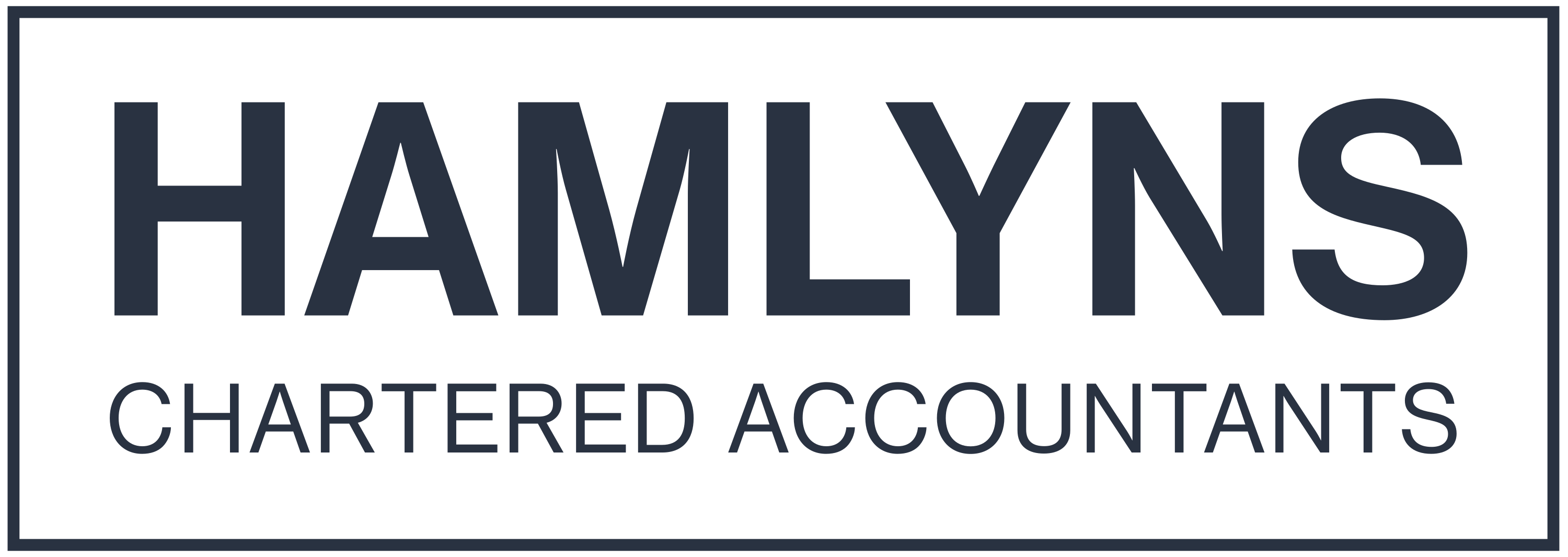The personal allowance
The personal allowance is currently £12,570. The Chancellor announced in the March 2021 Budget that the personal allowance will be frozen at £12,570 for the tax years 2022/23 to 2025/26.
There is a reduction in the personal allowance for those with ‘adjusted net income’ over £100,000. The reduction is £1 for every £2 of income above £100,000. So there is no personal allowance where adjusted net income exceeds £125,140.
The marriage allowance
The marriage allowance permits certain couples, where neither party pays tax in the tax year at a rate other than the basic rate, to transfer £1,260 of their personal allowance to their spouse or civil partner.
Tax bands and rates
The basic rate of tax is 20%. In 2021/22 the band of income taxable at this rate is £37,700 so that the threshold at which the 40% band applies is £50,270 for those who are entitled to the full personal allowance.
At Spring Budget 2021, the Chancellor announced that the basic rate band will be frozen at £37,700 for the tax years 2022/23 to 2025/26. The National Insurance contributions Upper Earnings Limit and Upper Profits Limit will remain aligned to the higher rate threshold at £50,270 for these years.
Individuals pay tax at 45% on their income over £150,000.
Scottish residents
The tax on income (other than savings and dividend income) is different, for taxpayers who are resident in Scotland, from that paid by taxpayers resident elsewhere in the UK. The Scottish income tax rates and bands apply to income such as employment income, self-employed trade profits and property income.
In 2021/22 there are five income tax rates which range between 19% and 46%. Scottish taxpayers are entitled to the same personal allowance as individuals in the rest of the UK. The two higher rates are 41% and 46% rather than the 40% and 45% rates that apply to such income for other UK residents. Currently the 41% band applies to income over £43,662 for those who are entitled to the full personal allowance. The 46% rate applies to income over £150,000.
The Scottish Government will announce the Scottish income tax rates and bands for 2022/23 in the Scottish Budget on 9 December.
Welsh residents
From April 2019, the Welsh Government has had the right to vary the rates of income tax payable by Welsh taxpayers (other than tax on savings and dividend income). The UK government has reduced each of the three rates of income tax paid by Welsh taxpayers by 10 pence. For 2021/22 the Welsh Government has set the Welsh rate of income tax at 10 pence which has been added to the reduced rates. This means the tax payable by Welsh taxpayers is the same as that payable by English and Northern Irish taxpayers.
The Welsh Government will publish its Draft Budget for 2022/23 on 20 December.
Tax on savings income
Savings income is income such as bank and building society interest.
The Savings Allowance applies to savings income and the available allowance in a tax year depends on the individual’s marginal rate of income tax. Broadly, individuals taxed at up to the basic rate of tax have an allowance of £1,000. For higher rate taxpayers the allowance is £500. No allowance is due to additional rate taxpayers.
Some individuals qualify for a 0% starting rate of tax on savings income up to £5,000. However, the rate is not available if taxable non-savings income (broadly earnings, pensions, trading profits and property income, less allocated allowances and reliefs) exceeds £5,000.
Tax on dividends
No tax is charged on the first £2,000 of dividends received by an individual (the Dividend Allowance). Dividends received above the allowance are taxed at the following rates for 2021/22:
- 7.5% for basic rate taxpayers
- 32.5% for higher rate taxpayers
- 38.1% for additional rate taxpayers.
In September 2021 the government announced an increase to the rates of dividend tax by 1.25% from 6 April 2022 to help fund the new planned investment in health and social care. The new rates will therefore be 8.75% for basic rate taxpayers, 33.75% for higher rate taxpayers and 39.35% for additional rate taxpayers.
Dividends within the allowance still count towards an individual’s basic or higher rate band and so may affect the rate of tax paid on dividends above the Dividend Allowance.
To determine which tax band dividends fall into, dividends are treated as the last type of income to be taxed.
Comment: Dividends on shares held in ISAs and pension schemes are not subject to dividend tax and thus will not be affected by the increase in rates.
Inheritance tax (IHT) nil rate bands
The nil rate band has been frozen at £325,000 since 2009 and this will now continue up to 5 April 2026. An additional nil rate band, called the ‘residence nil rate band’ (RNRB) is also frozen at the current £175,000 level until 5 April 2026. A taper reduces the amount of the RNRB by £1 for every £2 that the ‘net’ value of the death estate is more than £2 million. Net value is after deducting permitted liabilities but before exemptions and reliefs. This taper will also be maintained at the current level.
Increase to the normal minimum pension age
The current earliest age at which most pension savers can access their pension savings without incurring a tax charge is age 55. From April 2028 this earliest age will rise to 57.
This measure will affect individuals born after 5 April 1973 whose earliest date to access their pension benefits will see a two-year delay to those born on or before that date.
Pensions – Scheme Pays
Although there are no limits to how much an individual can save or accrue in a registered pension scheme, there is an overall limit on the amount of an individual’s tax-relieved annual pension savings or accrual which includes employer contributions. This is known as the annual allowance and the standard annual allowance is currently £40,000, but in some circumstances this is reduced, with the maximum reduction taking it down to £4,000.
An individual’s unused annual allowance from the three previous tax years can be carried forward and added to the annual allowance. However, if the individual’s pension savings for the tax year exceed their annual allowance, the annual allowance tax charge is applied to the excess.
Although this tax liability would normally be the individual’s liability it is possible for them to elect for the pension scheme administrator to be jointly liable.
Where an individual has inputted more than £40,000 and their annual allowance charge exceeds £2,000 the individual can request that their pension company pays the charge for them in return for an equivalent reduction in the value of their pension pot. This is called mandatory Scheme Pays.
From April 2022 there will be a change to the rules for certain pension schemes to remove anomalies where the tax charge has arisen due to a retrospective change of facts, the tax charge is £2,000 or more and the individual requests the pension scheme pays the amount. This measure applies retrospectively from 6 April 2016.
Universal Credit
The Universal Credit taper rate is reduced from 63% to 55%, meaning Universal Credit claimants will be able to keep an additional 8p for every £1 of net income they earn.





